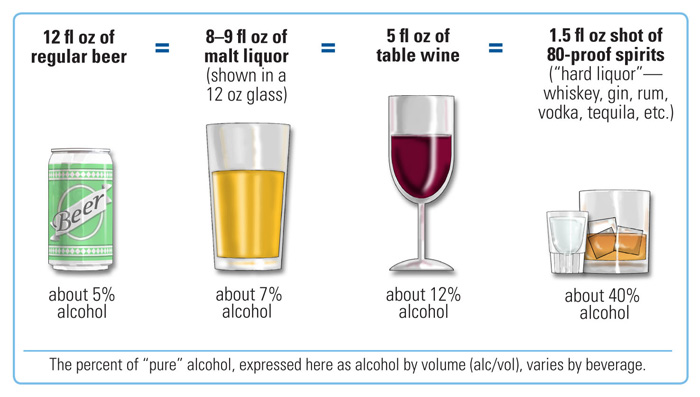 |
| Flickr Commons |
It is said that in any AA or NA meeting 60% of its group members will have experienced some form of abuse (physical, emotional or sexual) as a child. Childhood abuse is a good indicator of later substance abuse and addiction.
Recently I posted about ACE (Adverse Childhood Experiences) Study which showed that early adverse experiences, or traumas, predict adult physical and mental health problems that ultimately lead to early death. Adult substance abuse is one such consequence, in addition to smoking and obesity.
In this context, I've been thinking a lot of about validation. To validate simply means recognizing another person's experience of an emotion and their reaction.
If a friend is crying because his dog recently died, I would validate by saying something like "I see that you are really sad" or "You are really missing Buster." In my wanting to help, I might instinctively want to problem solve or advise him so he feels less hurt. I will get there, but first and foremost I acknowledge that his sadness is real and valid.
Imagine a little girl falls and scrapes her knee, and she cries. Her mother or caretaker hopefully will say something like "Oh, no, you fell. Come and let me look at it" or "Let me see. I think it's going to be okay." Both statements indirectly validate that an accident has happened and that the little girl's reaction is valid. But, another parent might simply order the child to stop crying, or say something like "I told you not to run" or "This is what happens when you misbehave by running."
In a dysfunctional or abusive family, a child's feelings and reactions are invalidated, as the latter examples illustrate. It doesn't seem so bad when looking at just one example, but when it is long-established pattern, parental invalidation teaches the child that her feelings, especially negative ones, can't and shouldn't be felt or expressed.
The same girl might grow to ignore, disregard, deny or avoid her feelings, especially uncomfortable ones like sadness, anger, shame, guilt, boredom, loneliness, even though they are part of every person's experience.



